In this episode of Intrusions InDepth, Josh Stepp delves into the complexities of information warfare and its intersection with cyber warfare. Drawing on historical examples and modern tactics, Josh explores how disinformation, psychological operations, and propaganda shape modern conflicts.
Key Topics Discussed:
Defining Information Warfare
What is information warfare? Josh explains the definition, focusing on data collection, propaganda, and psychological warfare as non-physical tactics.
Reference to Wikipedia’s definition of information warfare, dissecting how it involves everything but direct, physical attacks.
Historical Comparisons
Josh compares ancient and historical military strategies, such as the Roman sieges, World War II bombings, and propaganda campaigns, to today's cyber tactics.
Examples from WWII, including British radio propaganda efforts against Nazi Germany, and the lessons learned from those operations.
Cyber Warfare Today
How cyber operations (like the CrowdStrike incident) are used in modern warfare, particularly in Ukraine and Russia, and the limitations of these efforts.
Real-world examples of Russian cyber operations and their effectiveness in current conflicts, emphasizing return on investment (ROI) and tactical advantages.
Propaganda and Psychological Operations
A discussion on the role of propaganda in undermining enemy morale, from ancient leaflets to modern social media disinformation campaigns.
Josh emphasizes the ethical considerations surrounding these tactics, and whether they violate the rules of war and international norms.
Impact of Social Media and Modern Technologies
How modern platforms like TikTok, deepfakes, and other technologies amplify the effects of information warfare.
Josh addresses the current debate on whether apps like TikTok are being used for state-sponsored influence operations and propaganda.
War Crimes and Civilian Targeting
Ethical concerns about targeting civilian infrastructure during conflicts, touching on debates about war crimes and dual-use facilities (e.g., water, power, and roads).
Discussion on proportionality and the Geneva Conventions in the context of modern and historical conflicts.
Takeaways:
Information warfare is a broad, evolving concept that has roots in historical military strategies but is amplified in the digital age through cyber and social media platforms.
Cyber warfare, while potentially disruptive, often serves as a complement to traditional military actions rather than as a standalone strategy.
Propaganda and psychological operations continue to play a significant role in shaping public opinion and undermining the enemy’s morale, with ethical dilemmas still prevalent.
Social media platforms and technologies like TikTok are potentially powerful tools in modern information warfare, with ongoing debates about their role in influencing public opinion.
Mentioned Resources:
How to Win an Information War by Peter Pomerantsev
Risky Business Podcast – Between Two Nerds
Blitzed: Drugs in the Third Reich by Norman Ohler
Disclaimer:
The views expressed in this podcast are those of the host and do not reflect the official stance of any affiliated organizations. The podcast is based on publicly available materials and does not contain any classified or proprietary information.
Credits:
Host: Josh Stepp
Produced by: Josh Stepp
Thank you for tuning in to Intrusions in Depth. Stay informed, stay safe, and see you in the next episode!


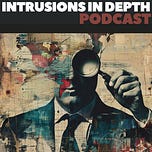


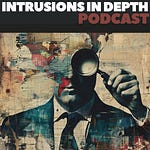
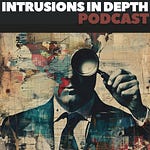
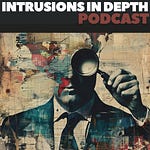

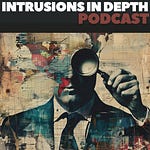
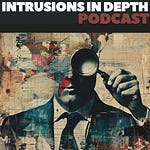


Share this post